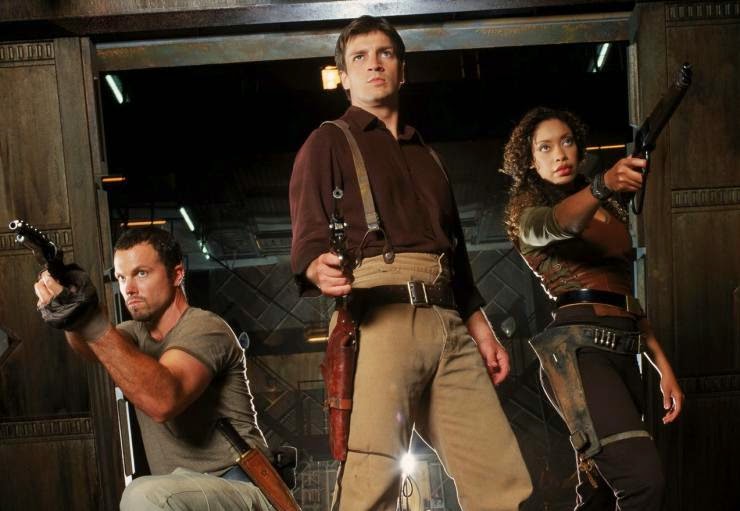As frequent followers of this blog are aware, I sent an e-mail query to Ace Science Fiction, America's oldest continuously operating sci-fi press (though it has since been acquired by and become an imprint of the Penguin Group, one of the "Big Six" of American publishing houses). I sent them a synopsis of my first novel, Revival, and the first ten pages of the manuscript copied and pasted into the body of the e-mail itself. Ace & Roc's website — which has since disappeared, I've noticed — made it clear that the reporting time for unsolicited, unagented queries was five months. I marked the calendar for June 29, 2014.
That date came and went and I heard nothing. Undaunted and unsurprised, I sent the manuscript — the whole thing this time, as per instructions — off to Baen Books on June 30. Their reporting time, seeing as they accept manuscripts rather than mere queries, is a whopping 12 months. I settled in for a long wait and buckled down to enjoy my trip through Southeast Asia.
Then the bombshell came whizzing in on Wednesday, August 27. An e-mail from Ace Science Fiction popped up in my inbox:
Dear Mr. Post,
Thank you for submitting Revival to Ace/Roc. I apologize for the delayed response; as you may imagine we have many queries to go through and not much time to go through them. I enjoyed your sample and would be delighted to look at the full book. Could you please send me the full manuscript as a word document?
Thank you!
The Editorial Staff
Ace / Roc Science Fiction & Fantasy
I blinked. The world seemed to be falling away from me. The rattling cicadas in the trees in the parking lot thirteen stories below died away into silence. The rattle and bang of trucks on the main road vanished. The screams and shouts of children on the playground turned into popping soap-bubbles. I called Miss H in from the other room so she could read the e-mail and assure me that I wasn't seeing things. Her face lit up like a sunrise in low orbit and she gave me a huge hug, words of love and encouragement dropping from her sweet lips. I just sort of sat there like a buffoon and soaked it all up. You may rest assured that my manuscript in its entirety was sent off within the next few minutes.
Now it's a waiting game again. I have no idea how long it'll take Ace to read through all 571 pages and 114,500 words of my novel. They haven't accepted it, I know, but I'm still psyched beyond words. Just to have them express this amount of interest rather than issuing me a flat rejection is...tremendous. And Penguin Books, no less! I must have done something right, right?
I can't help but hope that all those agonizing, soul-rending hours (years, really) that I spent crafting and editing this novel are finally paying off. I wasn't just monkeying around. Honest.
 |
| Lise Gagne/iStockphoto |
Wish me luck, folks. You'll be the first to know when I get the news...good or bad.













